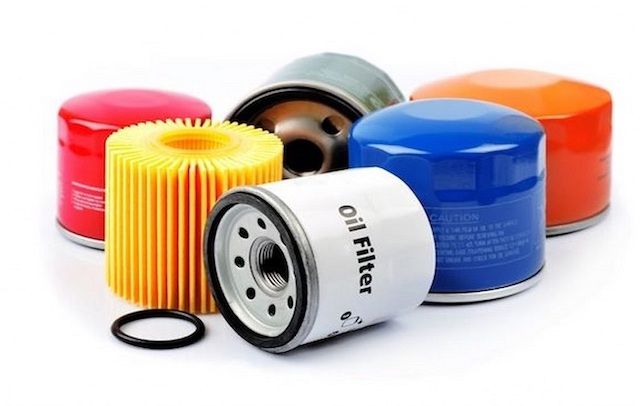Why OEM Oil Filters Beat Aftermarket Alternatives
At Shift Happens, we know that oil changes are one of the most important parts of engine maintenance. But one decision many car owners overlook is the oil filter. While aftermarket filters can seem like a cost-saving choice, OEM (Original Equipment Manufacturer) oil filters are almost always the better option for protecting your engine and keeping it running smoothly. Here’s why we recommend OEM oil filters every time.

Why Oil Filters Matter
Your oil filter’s job is simple but critical: trap contaminants and keep them out of the engine. A high-quality oil filter:
- Prevents dirt and metal shavings from circulating
- Maintains proper oil pressure and flow
- Extends engine life by reducing wear
- Keeps oil cleaner for longer service intervals
Shift Happens Pro Tip:
Even the best motor oil can’t protect your engine if the filter isn’t doing its job. A weak filter means dirty oil—and dirty oil means accelerated engine wear.
Why OEM Oil Filters Are Better
1. Engineered for Your Vehicle
OEM filters are designed specifically for your engine. That means proper fit, correct bypass valve settings, and the right filtration balance. Aftermarket filters often use generic specs that may not match your engine’s needs.
2. Superior Filtration Media
OEM filters use higher-grade paper or synthetic materials that trap microscopic contaminants while still allowing strong oil flow. Many aftermarket filters cut corners with thinner or cheaper media, which either clog too quickly or fail to filter enough.
3. Reliable Oil Pressure
The bypass valve inside an oil filter is critical. If it’s not tuned correctly, oil pressure can drop or dirty oil can bypass the filter altogether. OEM filters are built to match your engine’s exact oiling system, ensuring stable pressure every time.
4. Longer Service Life
OEM filters are built to last the full recommended oil change interval. Cheaper aftermarket filters may break down early or collapse internally, reducing protection and risking engine damage.
Shift Happens Pro Tip:
When comparing filters, don’t just look at price—consider flow rate, filtration efficiency, and valve design. OEM gets these right every time because they’re made for your engine.
5. Peace of Mind
With OEM filters, you know you’re getting the same quality part your engine was tested and validated with. That means confidence every time you turn the key.
Final Thoughts
Saving a few dollars on an aftermarket oil filter might feel like a win, but the risks far outweigh the reward. OEM oil filters deliver the fit, protection, and durability your engine was built for. At Shift Happens, we always recommend OEM oil filters to make sure your engine stays healthy for the long haul.
Comments
Post a Comment